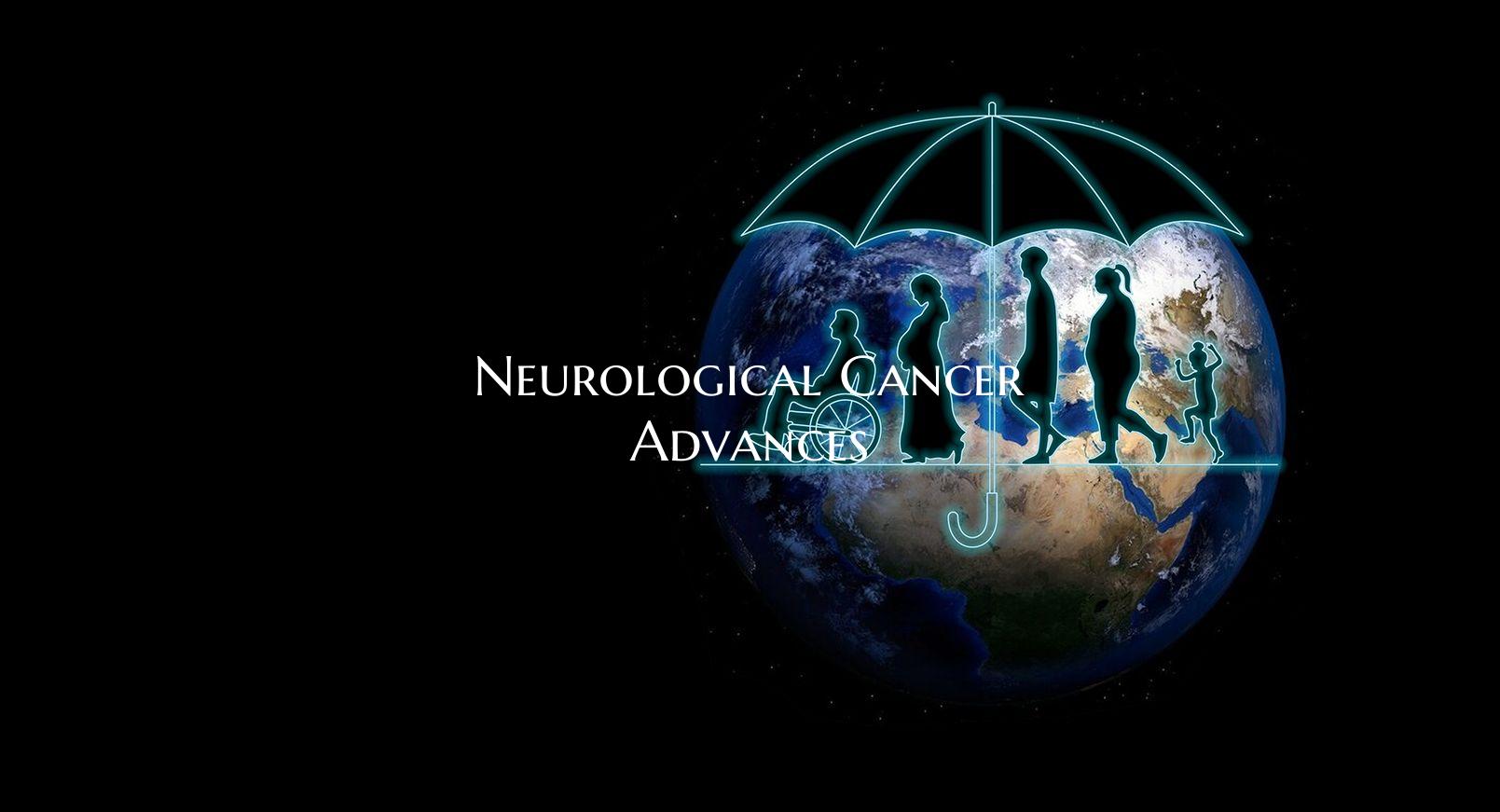
Neurological Cancer Advances
Neurological cancer, or brain cancer, is a devastating disease that affects thousands of individuals worldwide. However, significant strides have been made in recent years in understanding and treating this complex condition. Advances in research, technology, and treatment modalities offer hope for patients and their families battling neurological cancer.
One of the key areas of progress in neurological cancer research has been in elucidating the underlying genetic and molecular mechanisms driving the disease. Studies have identified specific genetic mutations and alterations that contribute to the development and progression of neurological tumors. This knowledge has paved the way for targeted therapies that aim to disrupt the molecular pathways involved in tumor growth, leading to more precise and effective treatments.
Furthermore, the development of advanced imaging techniques has revolutionized the diagnosis and monitoring of neurological cancer. High-resolution imaging modalities such as magnetic resonance imaging (MRI) and positron emission tomography (PET) scans allow healthcare providers to visualize the location, size, and characteristics of brain tumors with greater accuracy. This enables earlier detection of neurological cancer, leading to prompt intervention and improved outcomes for patients.
In terms of treatment options, the field of neuro-oncology has seen significant advancements in recent years. Traditional approaches such as surgery, radiation therapy, and chemotherapy have been augmented by novel therapies like immunotherapy and targeted drug treatments. Immunotherapy, for instance, harnesses the power of the immune system to recognize and destroy cancer cells, offering a promising avenue for patients with neurological cancer.
Moreover, personalized medicine strategies have gained traction in the management of neurological cancer. By analyzing the unique genetic profile of each patient’s tumor, healthcare providers can tailor treatment regimens to target specific vulnerabilities in the cancer cells while minimizing side effects. This precision medicine approach holds great potential for improving patient outcomes and quality of life.
In conclusion, the field of neurological cancer has witnessed remarkable advances in understanding, diagnosing, and treating this formidable disease. Through ongoing research efforts, technological innovations, and therapeutic breakthroughs, the outlook for patients with neurological cancer is increasingly hopeful. While challenges remain, the progress made in neurological cancer care serves as a beacon of optimism for patients, families, and healthcare providers striving to combat this complex condition.